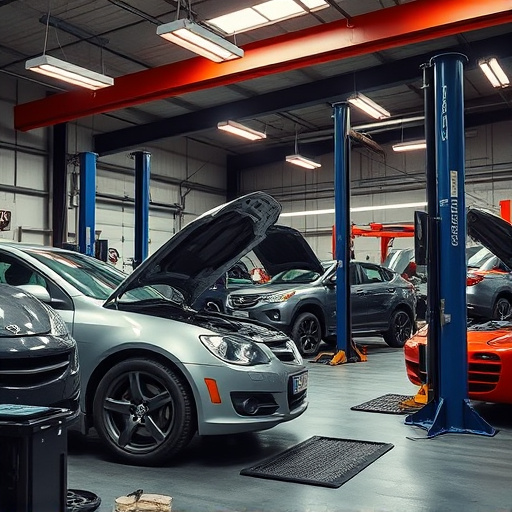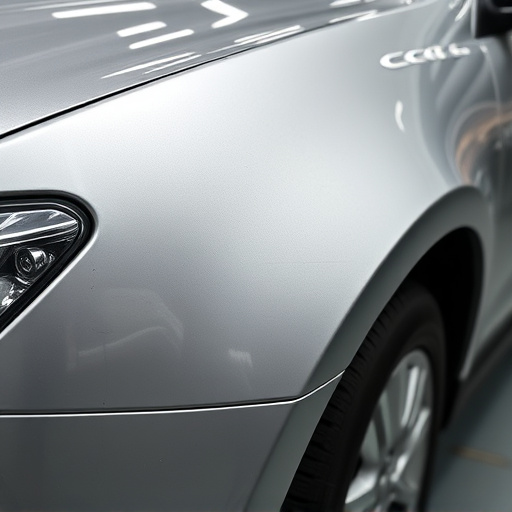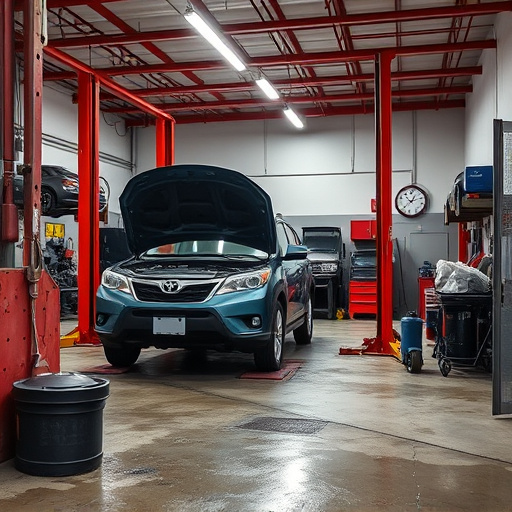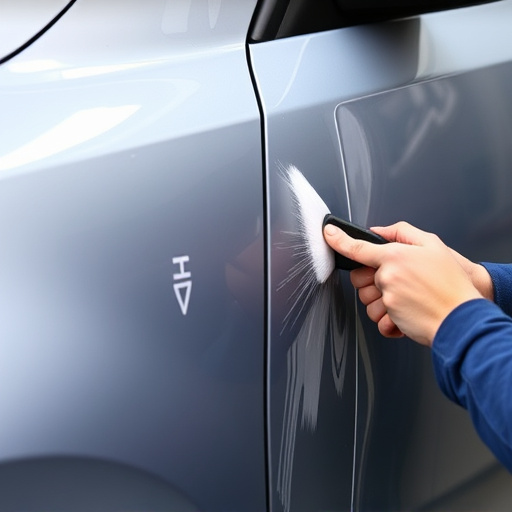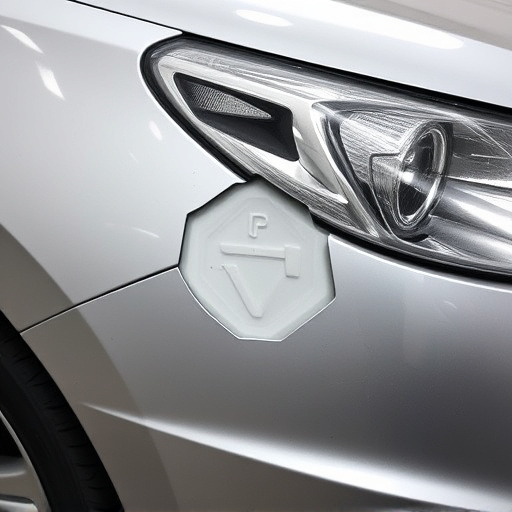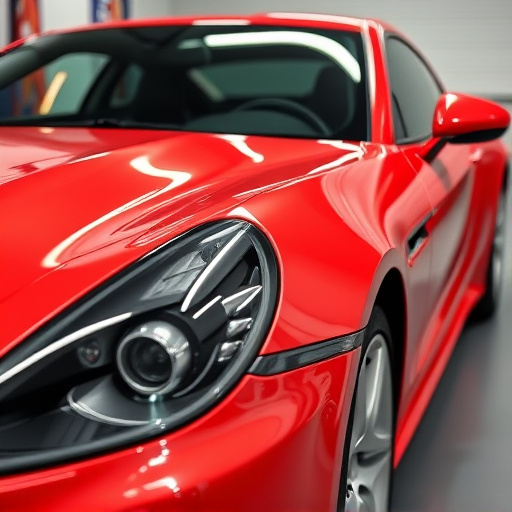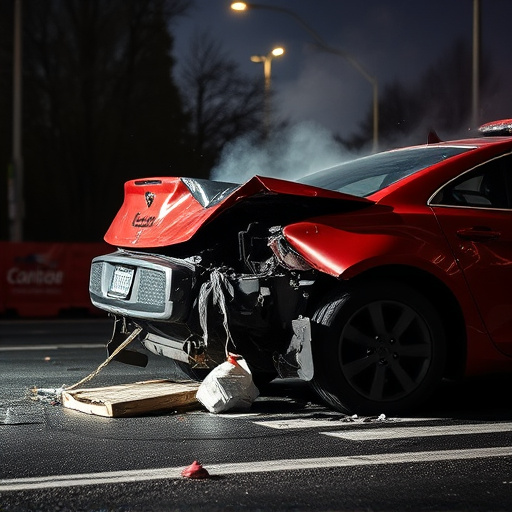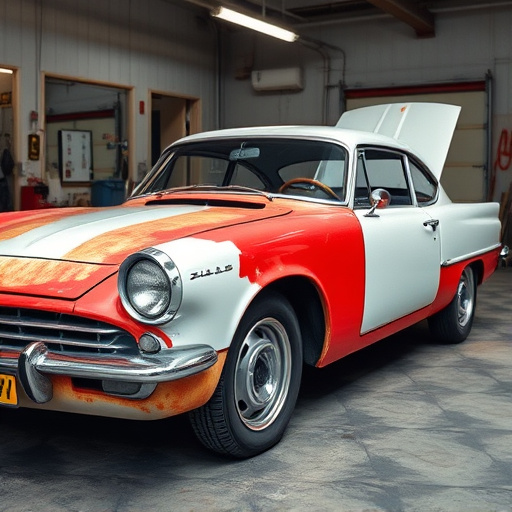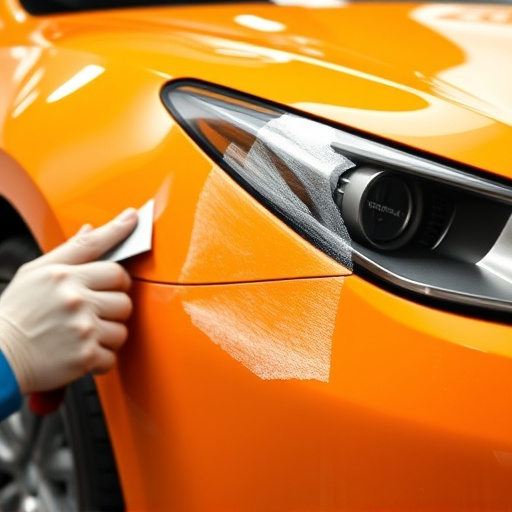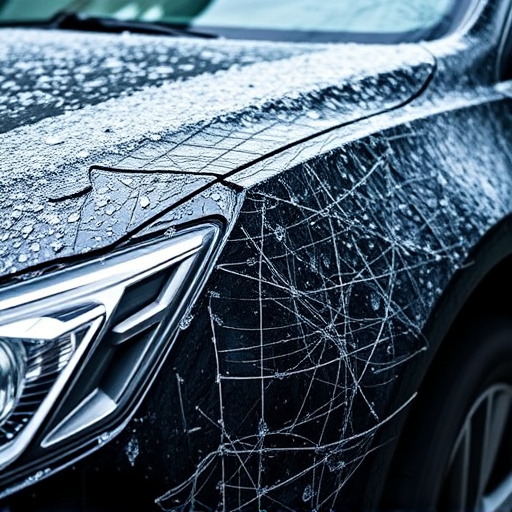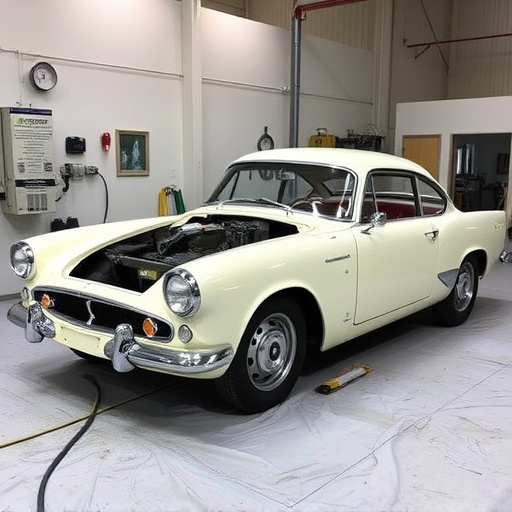Mercedes grille replacements enhance aesthetics but can disrupt critical sensor functions vital for safety and performance. Improper fitment or damage to sensors around the grille may affect adaptive cruise control, lane-keeping assist, and collision avoidance mechanisms. Regular maintenance checks and proper sensor calibration are essential post-replacement to ensure a seamless driving experience.
Mercedes grille replacements have become a popular customization choice for car enthusiasts. However, it’s crucial to understand that this modification might impact the sensor functions within your vehicle. This article delves into the intricacies of Mercedes grille replacement, exploring how it affects various sensor operations and offering insights on troubleshooting common issues post-installation. By understanding these factors, you can ensure optimal performance and safety.
- Mercedes Grille Replacement: Understanding the Basics
- Sensor Functions: How They Work and Are Affected
- Troubleshooting Common Issues After Grille Replacement
Mercedes Grille Replacement: Understanding the Basics
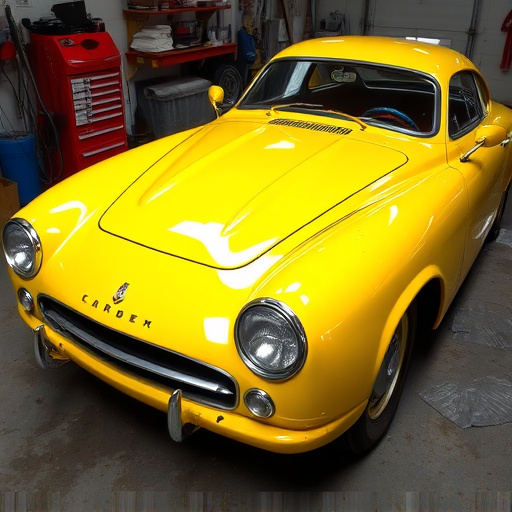
Mercedes grille replacements have become increasingly common among car enthusiasts looking to refresh their vehicle’s exterior. While it may seem like a straightforward task, there are several things to consider when undertaking this automotive repair. A new grille isn’t just about aesthetics; it can impact various sensor functions that play a crucial role in your Mercedes’ safety and performance.
When you’re in the market for a Mercedes grille replacement, understanding compatibility and ensuring proper installation is essential. Not only does the new grille need to match the make and model of your vehicle, but it also has to be aligned with the car’s sensor network. Sensors located behind or within the grille perform various tasks, from monitoring engine temperature to detecting obstacles in front of the vehicle—all vital for advanced driver-assistance systems (ADAS). Therefore, a poorly fitted or incompatible replacement could disrupt these sensors’ functions, potentially affecting your auto glass replacement or dent removal efforts and compromising your car’s overall safety features.
Sensor Functions: How They Work and Are Affected
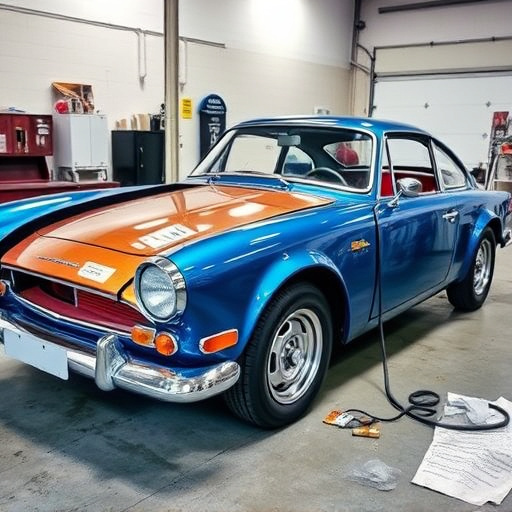
Sensor functions play a critical role in modern vehicles, from detecting obstacles to monitoring engine performance and more. These sensors are an integral part of what makes today’s cars safer and smarter. The sensors used in Mercedes vehicles, like many high-end automotive systems, are sophisticated and interconnected, creating a network that ensures optimal vehicle performance.
When considering a Mercedes grille replacement, it’s important to understand how these sensor functions might be affected. While the physical act of replacing the grille doesn’t directly impact some sensors, such as those used for climate control or infotainment systems, certain sensors located within or around the grille can be influenced by poor fitment or damage during the replacement process. This is particularly true in cases where the new grille requires modifications to existing sensor placements, which could potentially disrupt their readings and, consequently, affect vehicle performance and safety systems, including but not limited to adaptive cruise control, lane-keeping assist, and collision avoidance mechanisms, all of which are critical aspects of mercedes benz collision repair and automotive body work.
Troubleshooting Common Issues After Grille Replacement

When performing a Mercedes grille replacement, it’s not uncommon to encounter issues with sensor functions afterward. This can be attributed to the intricate nature of modern vehicles and their reliance on sensors for various systems. One of the first troubleshooting steps is to check for any loose connections around the replaced grille or its associated sensors. Even a minor vibration or misalignment can disrupt these delicate links, leading to sensor malfunction.
For fleet repair services or auto collision centers tackling a Mercedes grille replacement, verifying proper sensor calibration is crucial. Sensors may require re-calibration after physical alterations, especially if the surrounding structure has changed significantly. Additionally, tire services should be considered if the replacement involves wheels or suspension components, as misaligned tires can cause sensor errors. Regular maintenance checks post-replacement can help catch any peculiar issues early on, ensuring a seamless driving experience for Mercedes owners.
While a Mercedes grille replacement primarily concerns aesthetics and protection, it’s crucial to understand that this process may indirectly impact sensor functions. During installation, ensuring proper alignment and secure connections is essential to prevent any disruptions in how sensors detect and communicate with the vehicle’s systems. Regular maintenance and timely repairs are key to keeping both your Mercedes’ look and operational efficiency optimal after a grille replacement.
